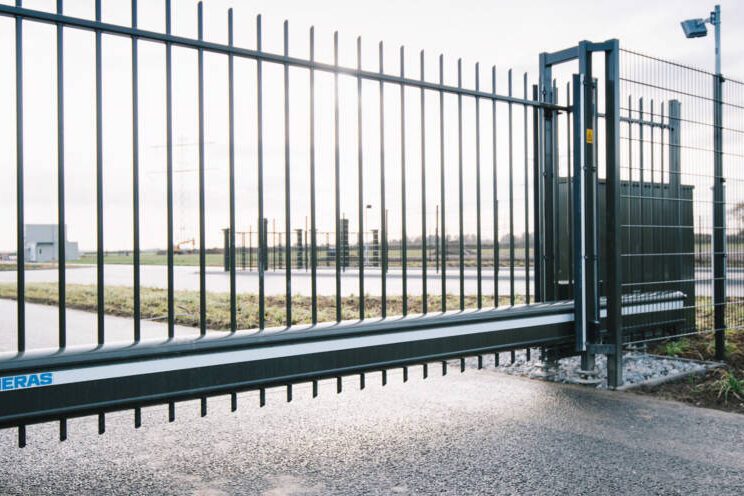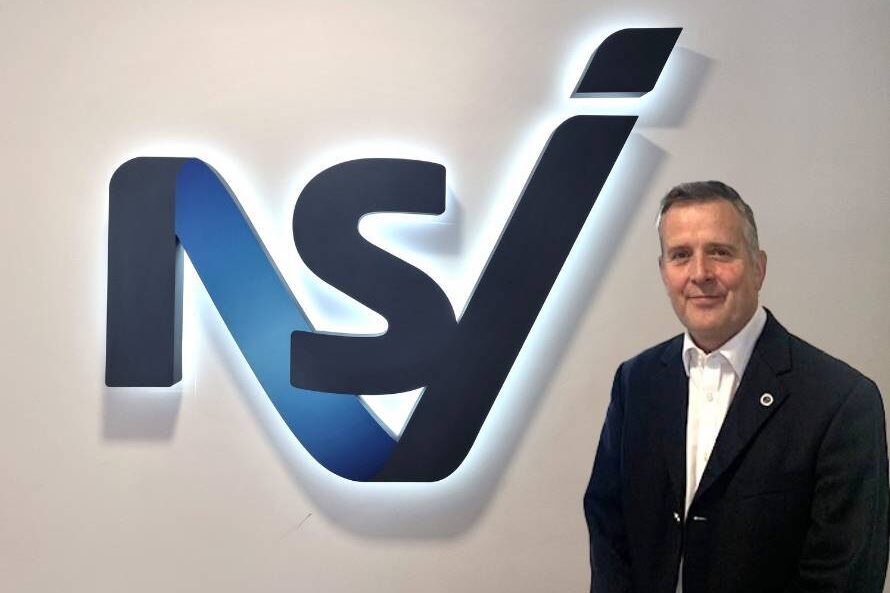
SIA chairman Ruth Henig outlined plans for future regulation of the security industry on Wednesday.
Speaking at the Security Industry Authority (SIA) conference in London, Henig told delegates that the industry is starting “a new phase in the evolution of regulation”.
She called for views and input during the transition to new regulation, to ensure the SIA, the private security industry and the Government work together to shape the future regime.
Henig told the 200 delegates in the audience, “We have a real opportunity to reshape regulation, to further drive up standards and reduce the threat from criminal activity. We want you, who work in the industry, to be actively involved in the front line of change, making it happen in a way which suits your needs. We want to see regulation based on business registration, qualifications managed by the industry and a clear focus on professionalism and on quality standards. Between us we have a real opportunity to translate this vision into reality and to start to adapt the current regime where we can to meet the needs of the future.”
Despite this drive to innovate, the government is reluctant to stir things up ahead of the Olympics. Tyson Hepple, Home Office director of civil liberties and public protection, gave an overview from the Home Office, reiterating that there would be no significant changes before the 2012 Olympics.
Hepple said: “We have asked the SIA to work with you, the industry, towards the new regulatory regime. We are looking for a suitable legislative vehicle to wind down the SIA and put in place a new regulatory regime. What we want to achieve is a statutory regulator with teeth.”
Stephen McCormick, SIA director of service delivery, outlined principles for the new regulatory regime, noting that there would be continued robust compliance and enforcement, with a new independent regulator outside government and a focus on the areas of greatest risk. There will be licensing for businesses and a register of individuals working in the industry, he continued.
The new regime will mean a significant transfer of responsibility to industry, with qualifications, professionalism and quality the responsibility of industry. The aim is to reduce the overall cost of regulation and to ensure that new regulation can meet the needs of Scotland and Northern Ireland.
McCormick said: “We need to ensure continued compliance and licensing under current regulation, and start work on transferring activities to the new regime. It is important that we maintain stability and continuity.”
A second SIA future of regulation conference will be held in the north of England in Autumn 2011.
About the SIA
In October 2010, the Government announced a “phased transition to a new regulatory regime” for the private security industry. The SIA is currently working with the Government and security industry to plan how private security in the UK will be regulated in the future. The new regulation will build on the successes of SIA licensing and the Approved Contractor Scheme. There will be no major changes to SIA regulation or the ACS before the London Olympics 2012.
Currently the Private Security Industry Act 2001 remains law. It is a criminal offence for security operatives and those deploying them to work in licensable activities without a valid SIA licence. The SIA and our partners continue to ensure that the law is properly enforced.
More information can be found at:
www.sia.homeoffice.gov.uk/conference
www.sia.homeoffice.gov.uk/future









